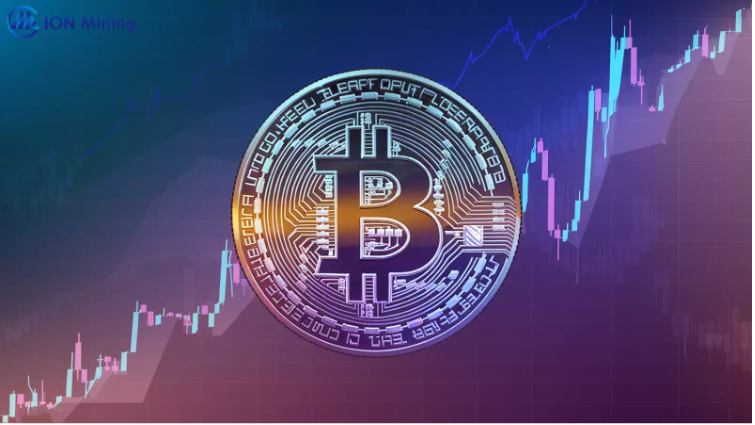Crypto Markets Surge: Trump's Tariff Timeout Sparks Investment Rally

Cryptocurrency markets surged on Wednesday, April 9th, as investors celebrated President Trump's decision to temporarily halt recently imposed tariffs. The unexpected pause triggered a wave of optimism, causing both cryptocurrency prices and crypto-related stocks to experience significant gains.
The market's positive momentum was driven by the potential economic implications of Trump's tariff suspension, which signaled a more measured approach to international trade tensions. Traders and investors quickly responded to the news, driving up valuations across the crypto landscape.
This sudden market movement underscores the sensitive relationship between geopolitical developments and cryptocurrency valuations, highlighting how broader economic policies can swiftly impact digital asset prices. Investors watched closely as the markets responded with enthusiasm to the unexpected policy shift.








